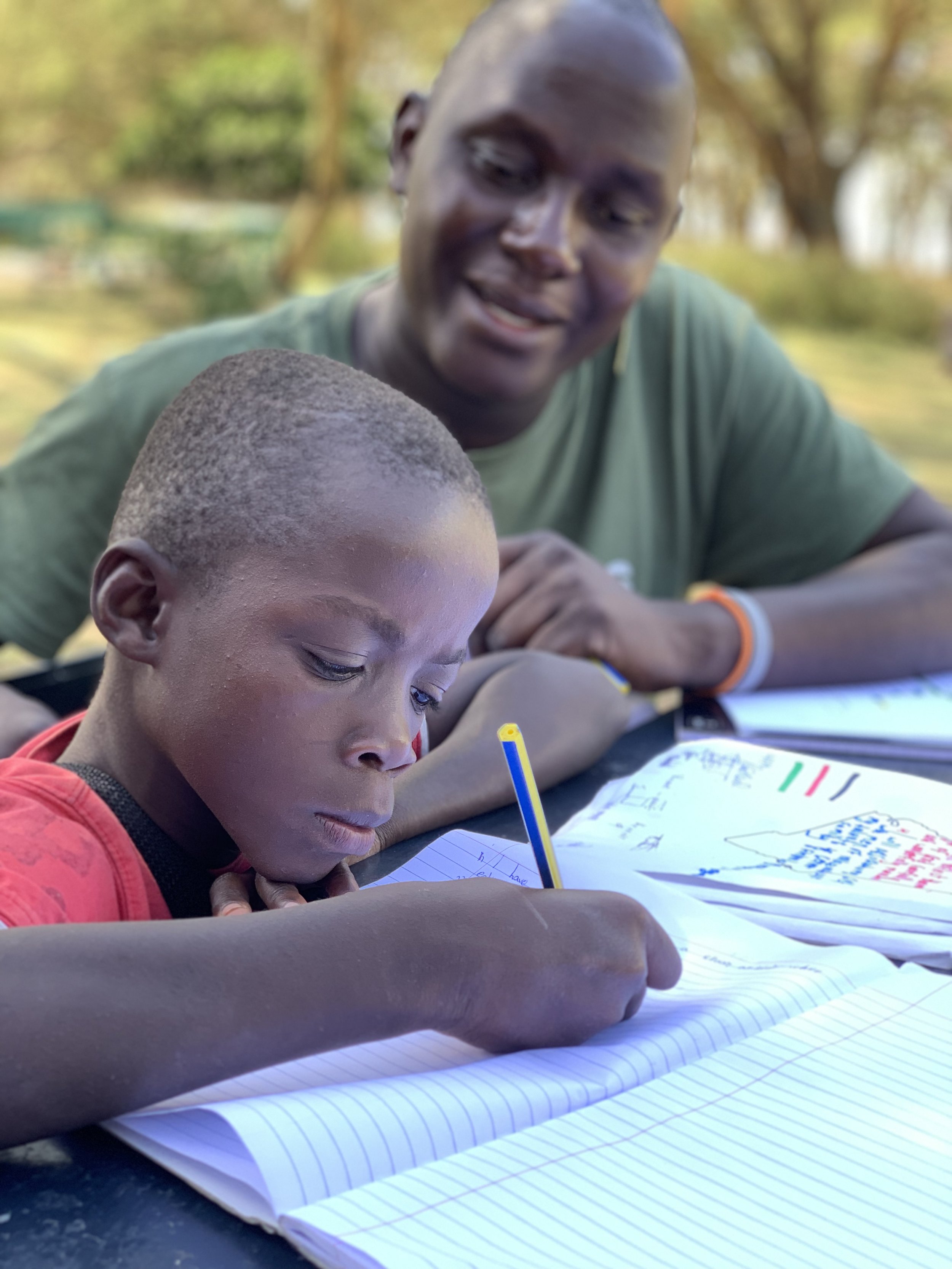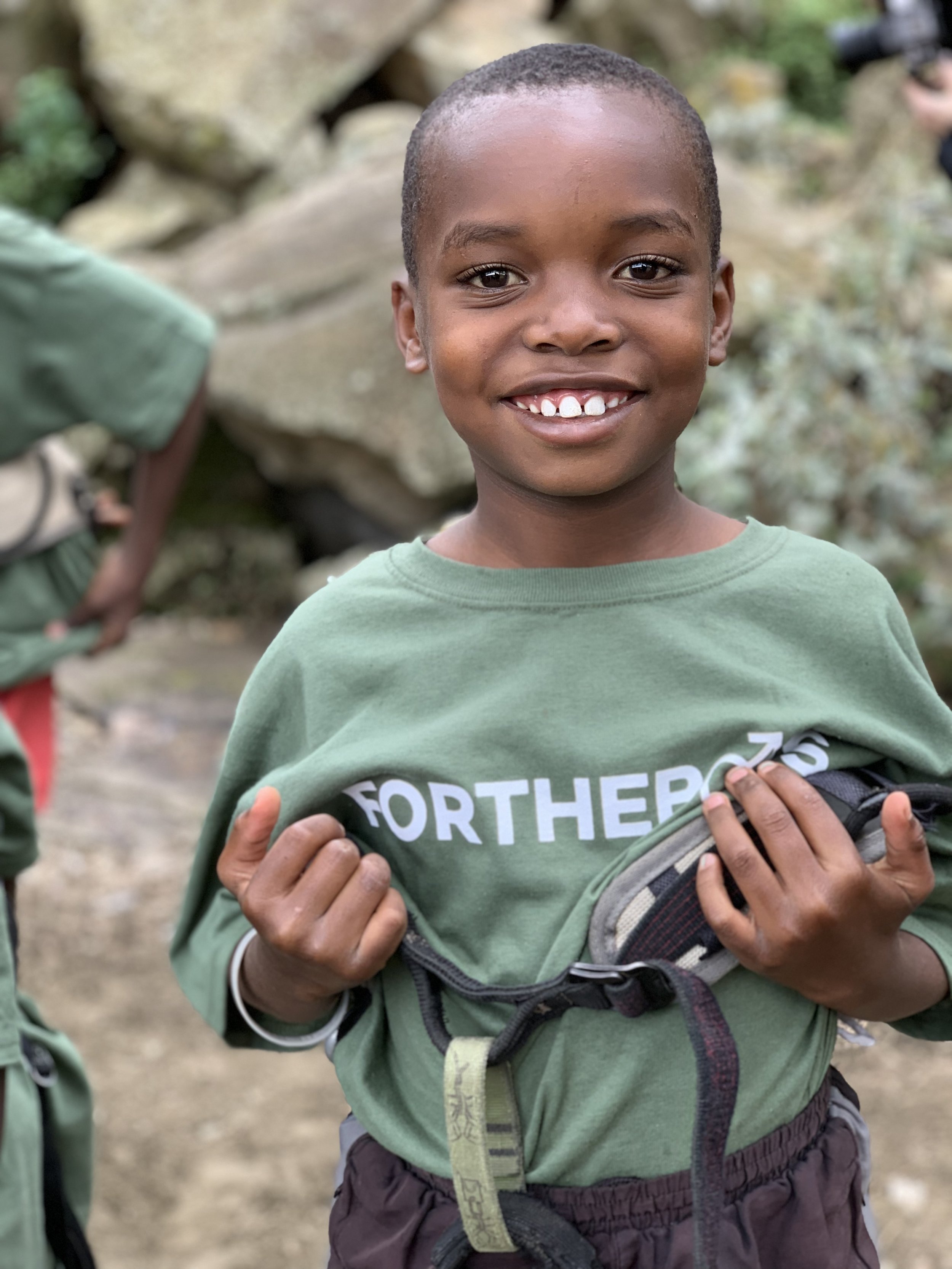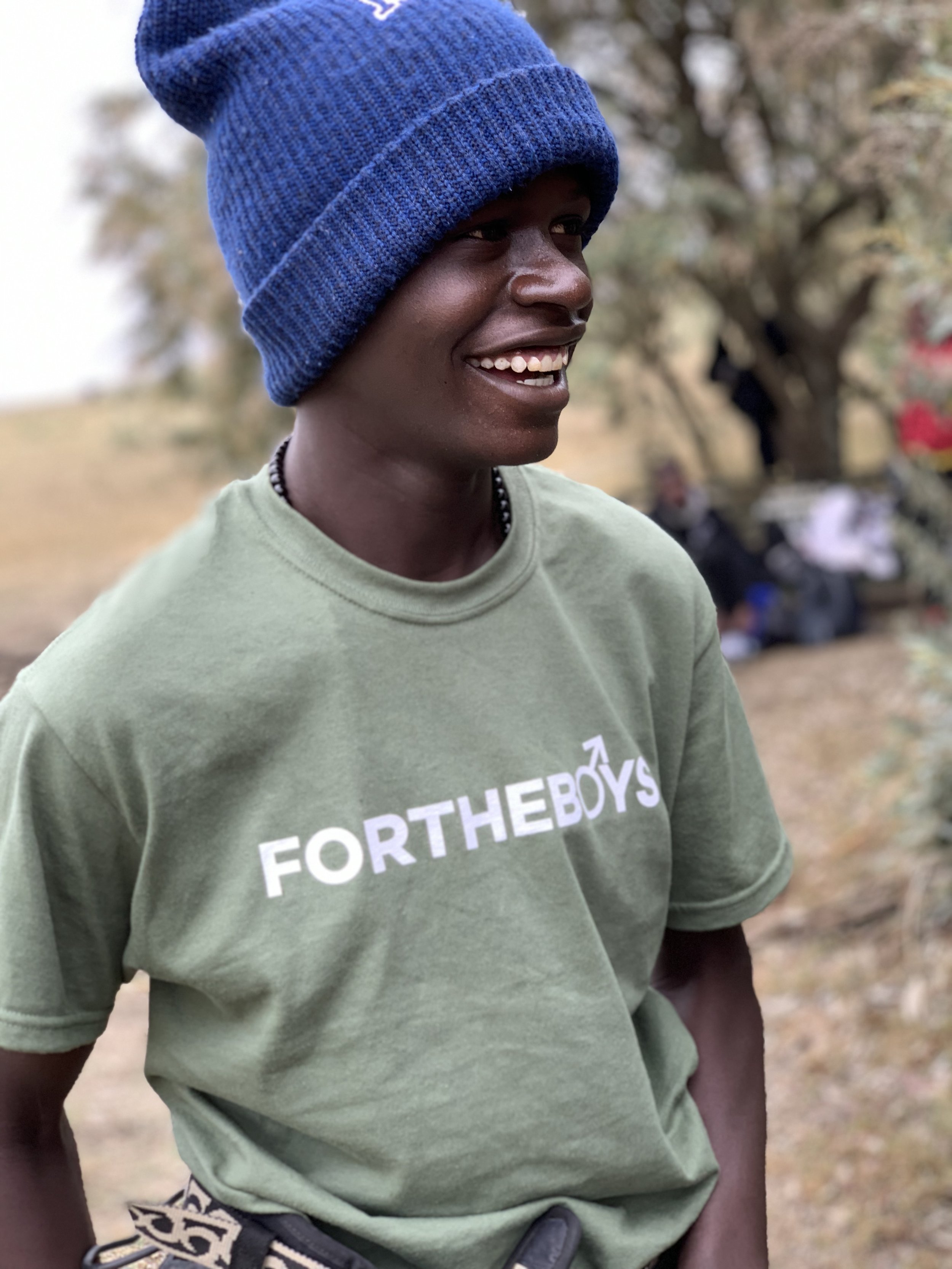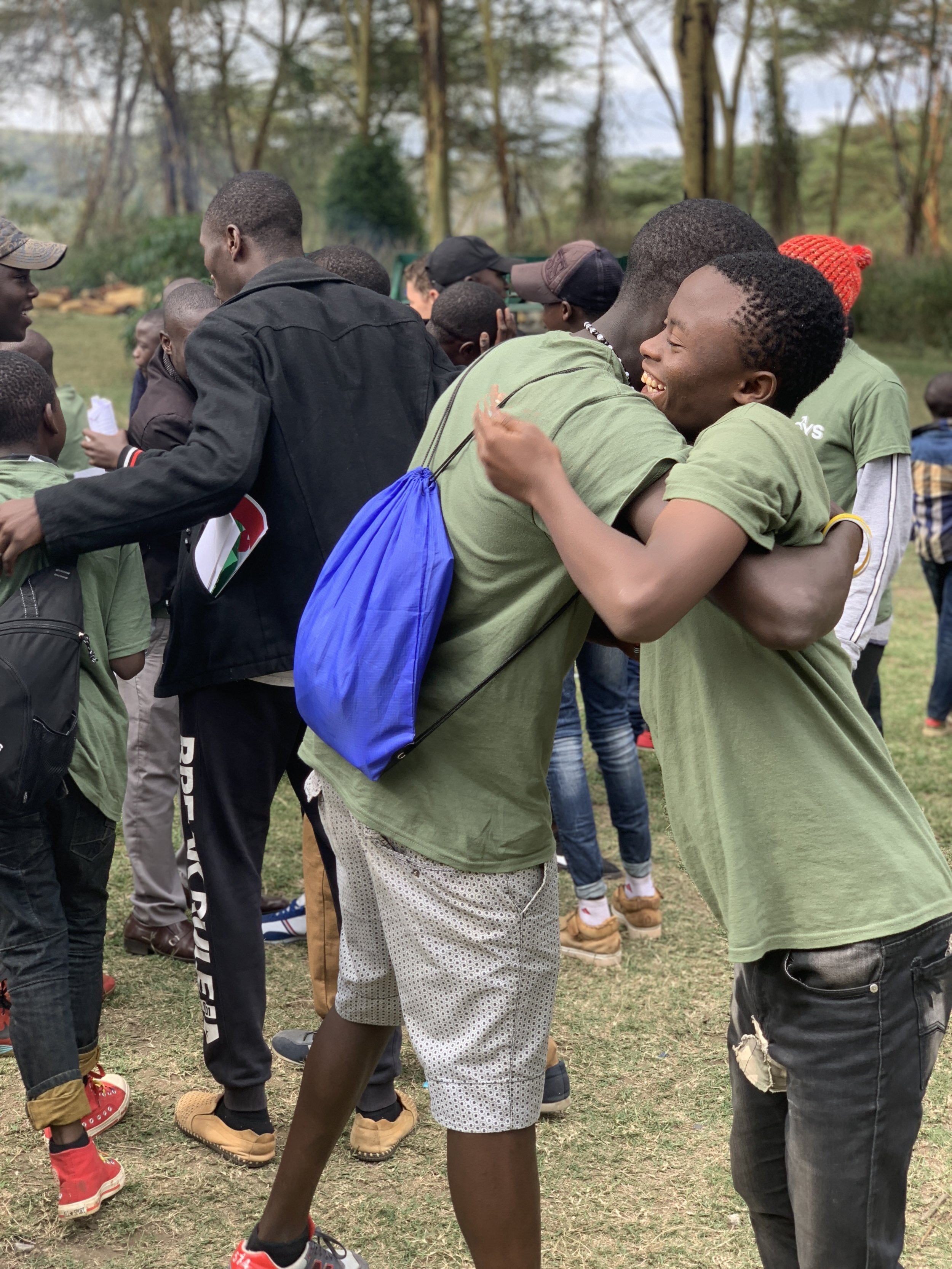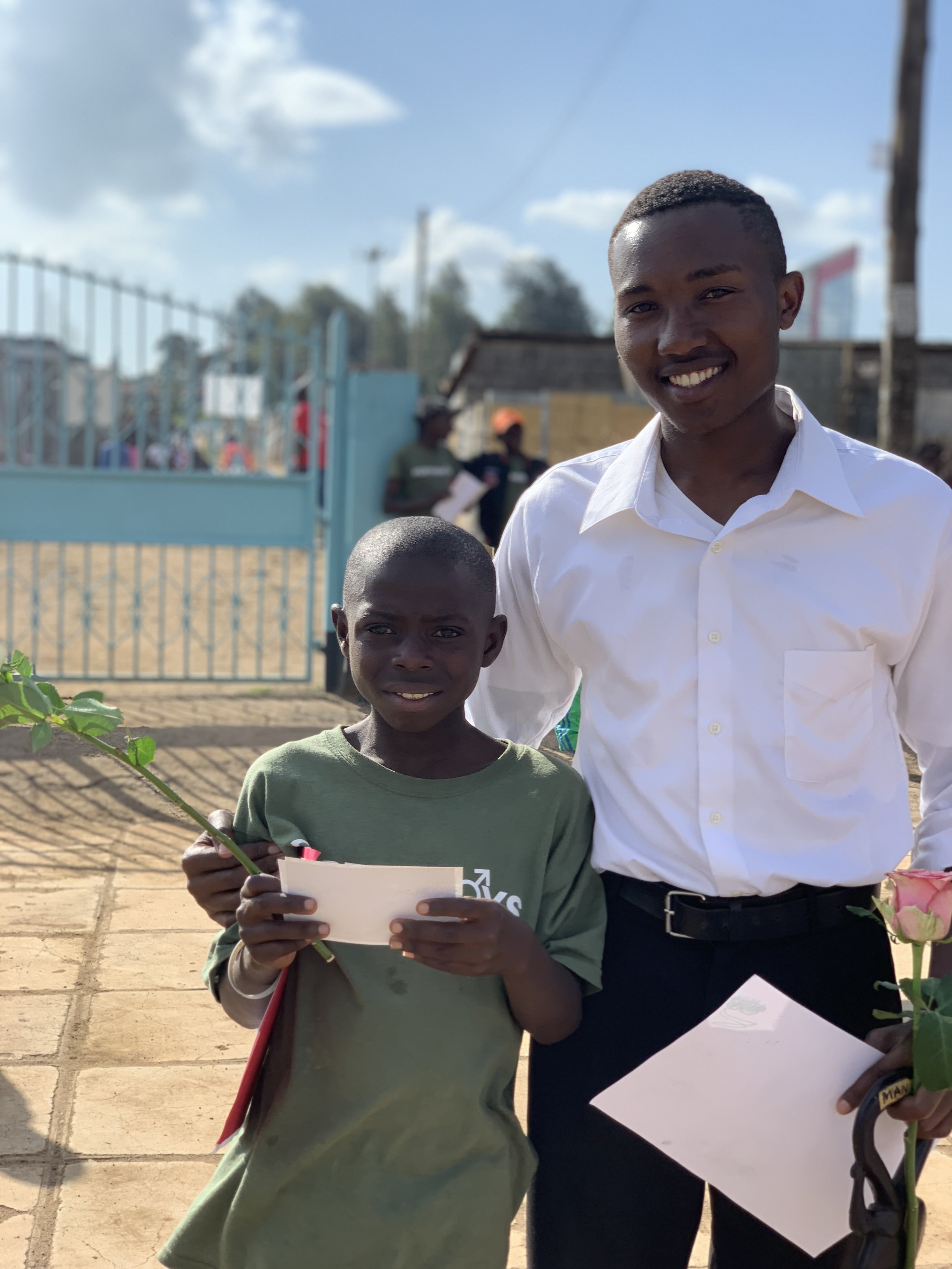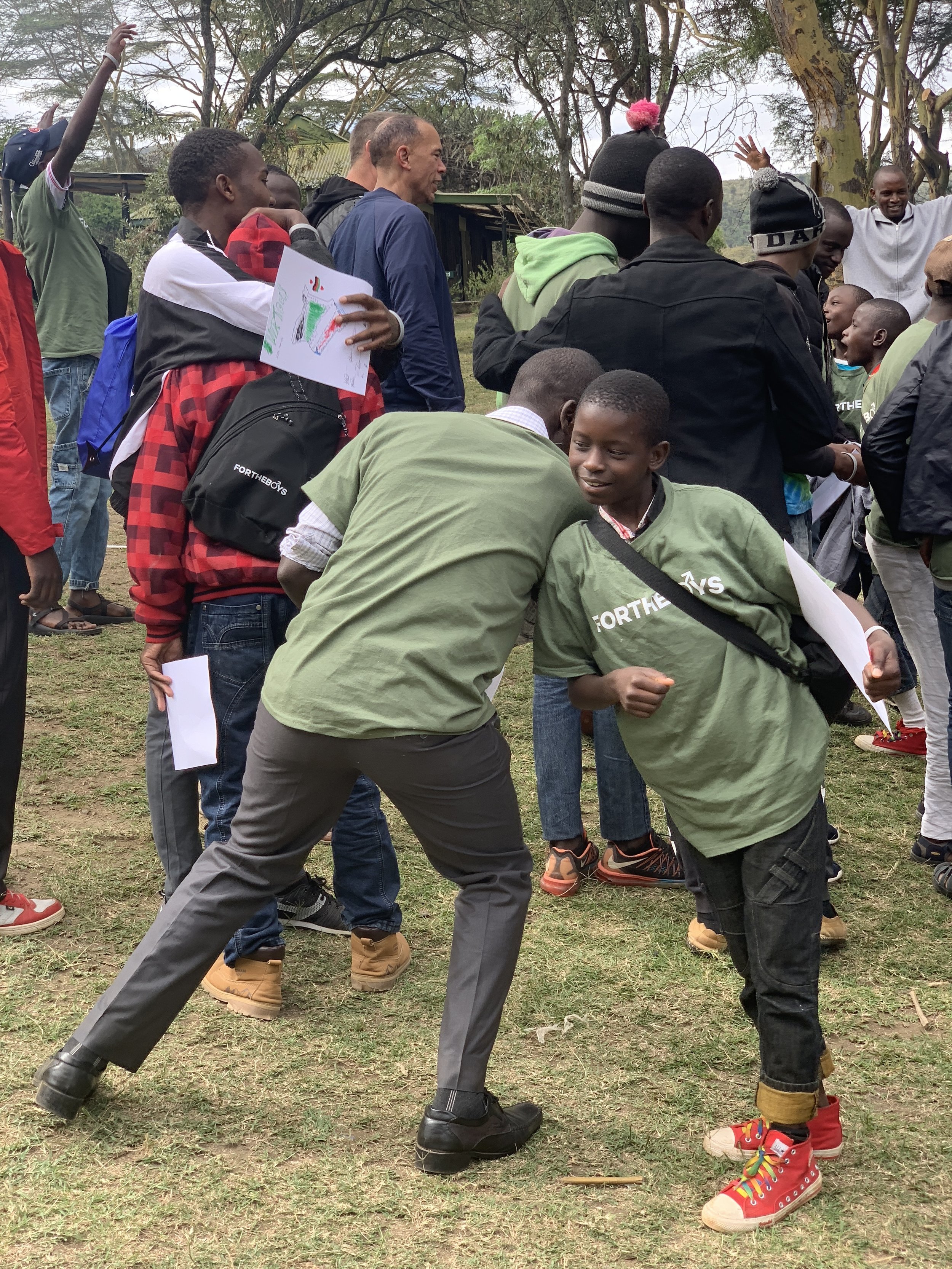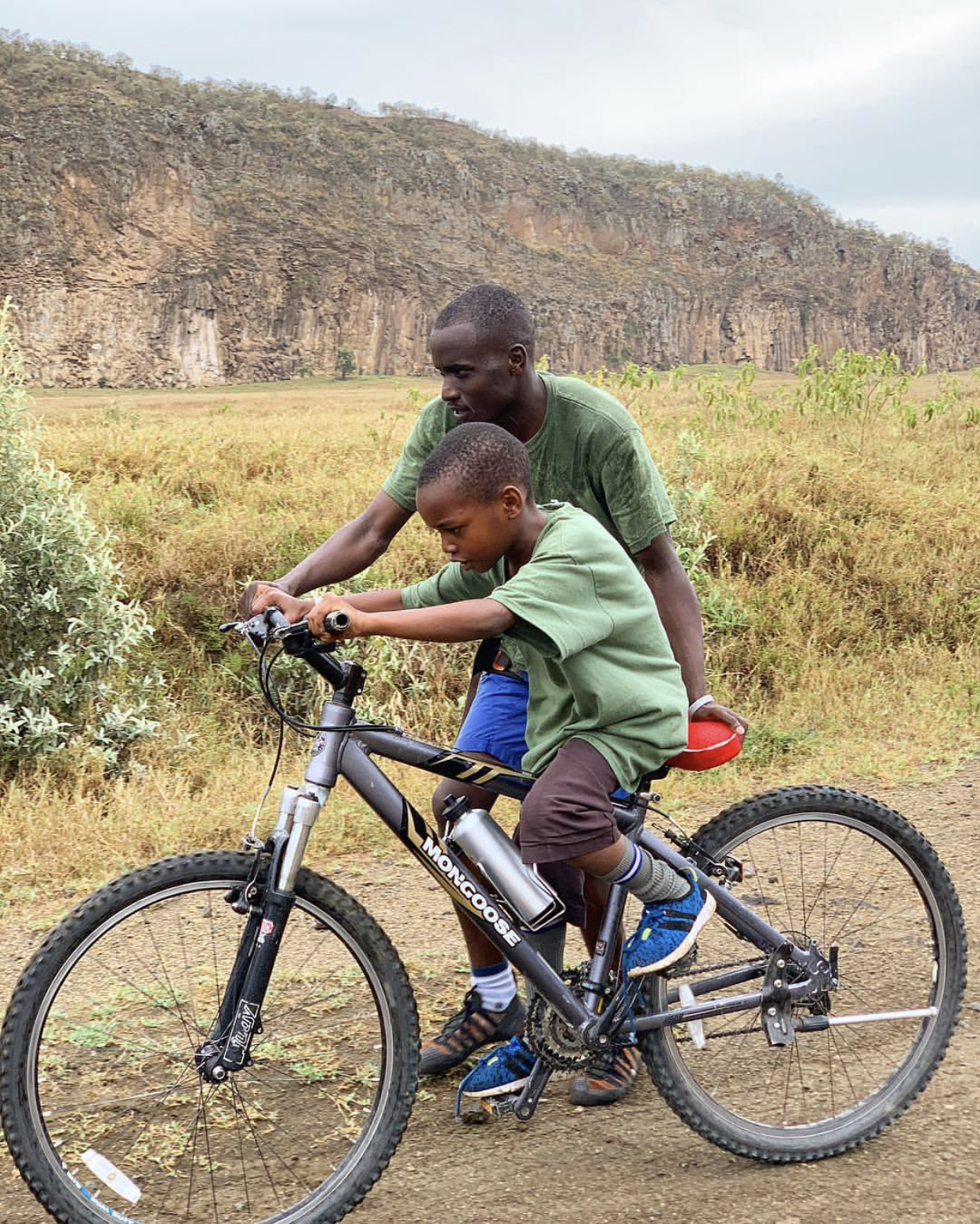The State of Boys Today:
Nearly half of the homes in Kenya are single-mother homes, and the number of men abandoning their families continues to increase. Hundreds of thousands of boys are growing up without a father and/or a positive male role-model.
The academic performance of boys across the country is steadily declining.
There are more than 500,000 children living on the streets of Kenya, and the vast majority of that number is made up of boys. Life on the streets for these boys consists of crime, drug-use, illness, and abuse.
Despite the efforts to empower women, the rates of men sexually and physically abusing women and girls continue to increase.
The number of programs and organizations specifically addressing the challenges boys are facing remains exceptionally low.
What Are We Doing?
We are building resilience and character in young boys through life-changing mentorship relationships and transformative camp experiences.
A Need for Prevention:
Most organizations are focusing on rehabilitating boys after they have run away to the streets. We believe in taking a preventative approach and intervening to stop them from ending up on the streets at all.
Our Camps and Mentorship programs are focused on prevention by intervening early in the lives of boys. All of the boys in our program are considered vulnerable and our programs are designed to promote resilience in them, and to help them face the challenges in their lives without giving up and running away, or perpetuating the cycle of abuse and neglect that they’ve experienced.
We have 42 boys in our program ranging from ages 7 to 18.
All of our boys are growing up in the slums of Kenya. They face unimaginable challenges with little to no support from a positive male role-model.
Each of them has been paired with a male mentor that meets with them regularly to help them navigate the challenges they are facing.
The change we are seeing in our boys:
Acknowledgement of the impact of the lack of a positive male role-model on their lives, and an expressed desire to break the cycle of fatherlessness in their communities.
Understanding of the importance of continuing their education and a desire to stay in school and to work harder in their classes.
Belief that they have options - that they have the capacity to overcome the obstacles in their lives without running to the streets and giving up on their lives.
A desire to treat women with respect and dignity.
Belief that they matter. That the world needs men of good character and integrity. That they can be those men.


